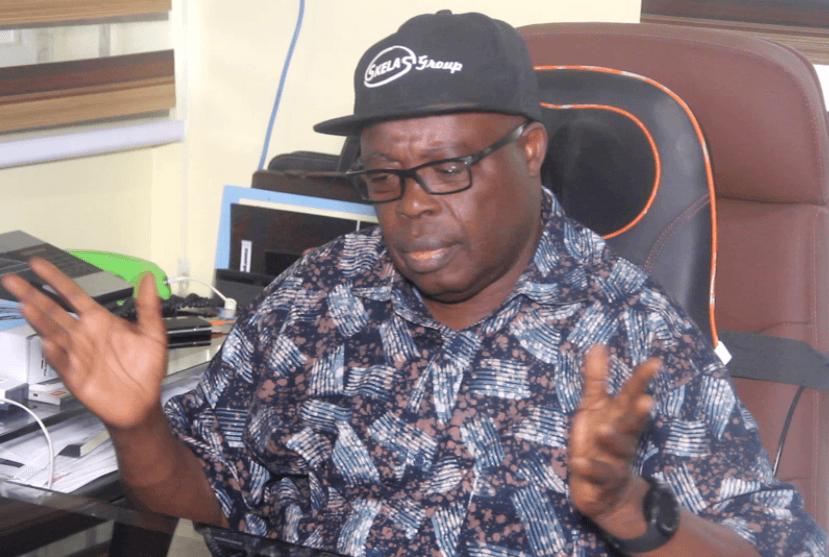The immediate past National President, Association of Nigerian Licensed Customs Agents (ANLCA), Prince Olayiwola Shittu, has said that the absence of a National Single Window (NSW) platform is responsible for most of the challenges stifling trade and compounding cargo clearance process at the nation’s seaports.
Shittu, who stated this in a message delivered on the occasion of his 70th birthday in Lagos on Thursday, said it is “appalling” that Nigeria remains one of the few countries in West and Central Africa that do not operate the single window platform.
He also said that the continuous delay by the Nigeria Customs Service (NCS) to procure and install scanners at the ports has impacted negatively on the government’s ease of doing business initiative and efforts aimed at improving efficiency at the port.
He said, “I stand to be corrected when I say that most of the challenges stifling trade facilitation and compounding the cargo clearing process in Nigeria stem from the absence of a National Single Window platform to streamline processes and enhance efficiency.
“When single window was established at the Cotonou Port, it reduced cargo delivery time from 40 days to less than 10 days. It increased government revenue by more than 39 per cent. In terms of truck transit time to the port, they gained 23 per cent of the time.
“Therefore, the implementation of a National Single Window will significantly improve cargo turnaround time at our ports, promote efficiency and transparency and enhance Nigerian ports’ competitiveness in the West African region.
“But it is appalling that among our neighbours in the the West and Central Africa sub-region, Nigeria is one of the few countries that do not operate the platform.
“In this wise, I urge the Nigerian government and appropriate agencies in the maritime sector to follow the footsteps of other countries that have implemented the system successfully to enable swift movement of goods and services.”
The septuagenarian said that reform measures, which include full automation of cargo clearance processes, must be formulated and implemented by all government agencies involved in the cargo release process to achieve the 24 hours port operation.
“Cargo examination, which is presently being conducted 100 per cent manually due to non-functional scanners must be automated.
“I am a strong advocate of allowing the terminal operators to procure and install scanners as they are better suited to ensure the efficient management of the facilities.
“I have said this before and I will repeat it: the government should engage the terminal operators and work out a contract for them to provide and maintain scanners and pass on the result into a secure server accessible to Customs and other agencies,” he said.
The ANLCA Chieftain also decried the sorry state of roads leading to the seaports across the country, saying that the Presidential Task Team on Apapa gridlock has not been successful in achieving its mandate.
“Instances where container trucks have tipped over as a result of the bad roads have become commonplace, while the human, economic and social implications of the failed roads are best left unimagined.
“I can also state arguably that the Presidential Task Team on Decongestion of Apapa Port Roads has not been very successful in achieving its mandate.
“The access roads to Nigerian ports have been overwhelmed by population growth and stagnancy in upgrading port systems, structures and infrastructures built over two decades ago,” he said.
He called for the establishment of an automated truck call-up system and urged the government to adopt a pragmatic approach to the total implementation of the proposed intermodal transportation system to ease evacuation of cargo from the ports, and also to pay special attention to water cargo transportation by barges.
